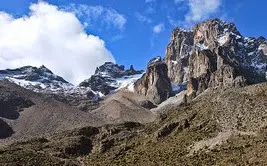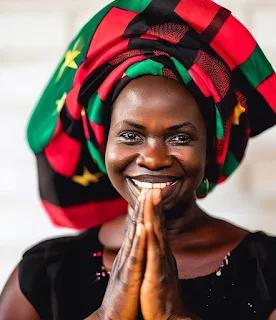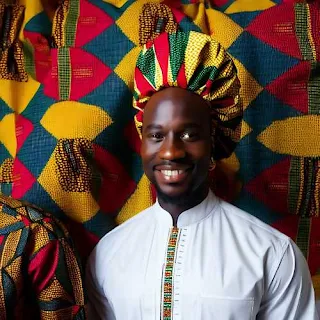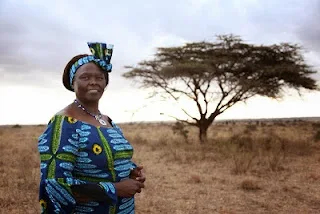Ngai Supreme God of the Gikuyu of Kenya
Origin of Kenyan Gikuyu Tribe Legend, Gikuyu Facts, explanation of Ngai Belief System.
The Gikuyu people traditionally follow a belief system known as Ngai, which refers to a supreme being or God. They believed in ancestral spirits and practiced various rituals and ceremonies to communicate with the spiritual realm.Gikuyu Tribe Ngai Facts
Kere-Nyaga, also known as Mount Kenya, is a place for prayers and sacrifices.
The common name used when addressing “the possessor of all” is Ngai.
Numbering about 6 million, the Gikuyu people are the largest ethnic group in Kenya.
While praying the Gikuya people address Ngai as Mwene-nyaga.
The Gikuyu name for Mount Kenya is also Mwene-nyaga.
The Gikuyu God and possessor of all is Mwene-nyaga meaning owner of the snow, possessor of brightness, or possessor of the white patch.
Mwene-nyaga, lives on Mount Kenya, is also known as Kere-Nyaga.
The Gikuyu pray under large sacred trees such as fig trees, and this is where Mwene-nyaga is praised and prayers and sacrifices are offered.
Origin of the Gikuyu Tribe Legend
Mogai, the divider of the universe, called a man named Gikuyu to him and took him to the top of Kere-Nyaga (Mount Kenya). Mogai pointed out the lush lands and informed the Gikuyu man all is his; if he is ever in need, raise his hands toward Kere-Nyaga and pray.
Mogai provided a wife to Gikuyu named Moombi, and they created nine beautiful daughters. However, Gikuyu wanted a son to carry on his name. Mogai told Gikuyu not to worry and make sacrifices to the mountain Kere-Nyaga where the God Ngai lives, but he must do this while standing under a fig tree. Mogai told Gikuyu if he did as told, he would be blessed with nine handsome, strong young men to marry his beautiful nine daughters.
Gikuyu did as he was told, making sacrifices for Kere-Nyaga. When he returned to the fig tree in the morning, he found nine young men waiting patiently under the fig tree. The men married Gikuyu’s daughters and continued to live on the land for generations, still praying and giving thanks to the mountain Kere-Nyaga where the God Ngai dwells.
Famous Gikuyu people who have made significant contributions
Jomo Kenyatta was a prominent Gikuyu leader and the first President of Kenya. He played a significant role in Kenya's struggle for independence from British colonial rule and shaped the country's early post-independence period.
Wangari Maathai was an environmentalist, activist, and Nobel laureate. She founded the Green Belt Movement, an organization focused on environmental conservation, women's rights, and community development. Maathai was the first African woman to receive the Nobel Peace Prize for her contributions to sustainable development, democracy, and peace.
Ngugi wa Thiong'o is a renowned Kenyan writer and academic. His works, written in both English and Gikuyu, explore themes of colonialism, identity, and social injustice. He is considered one of Africa's most influential and celebrated authors, with notable works including "Weep Not, Child," "Petals of Blood," and "Wizard of the Crow."
Mary Wambui is a former Kenyan politician and public figure. She served as a Member of Parliament and held various ministerial positions in the Kenyan government. Wambui was a prominent advocate for women's empowerment and played a crucial role in advancing women's rights and gender equality in Kenya.
Charles Njonjo is a prominent Kenyan lawyer and politician. He was Kenya's first Attorney General and played a significant role in shaping the country's legal system. Njonjo is known for his efforts in promoting the rule of law and advocating for human rights in Kenya.
Mwai Kibaki served as the third President of Kenya from 2002 to 2013. He made significant contributions to Kenya's economic growth and development during his tenure. Kibaki implemented various reforms and policies aimed at improving governance, infrastructure, and social welfare.








